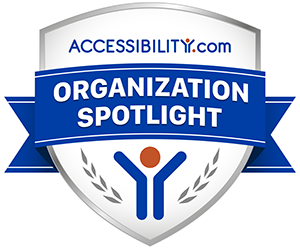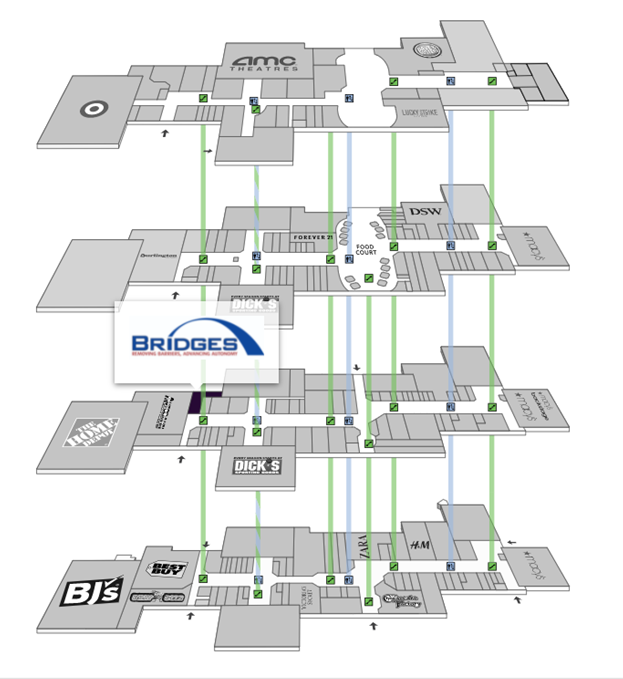One of the negative effects of the Coronavirus is the inability for people to meet in large groups. While extended stays at home are nothing new for most people with disabilities, complete isolation with very little social contact is enough to make the most seasoned homebodies yearn for things outside of their bedrooms. The following is a list of safe, socially distanced activities that are guaranteed to brighten your day and keep anxiety away. Note: some activities include getting together in person with very small groups. Use discernment, wear a mask, and adhere to local government regulations when engaging in any interpersonal contact. Engage at your own risk.
Video conferencing with friends and family
Chances are, you have had enough virtual meetings to last a lifetime, but video communication services like Zoom are a great way to keep in touch with loved ones during this uncertain time. The idea of being “alone together” has taken on new meaning in an age of social distancing that affords solace to many who are struggling to stay positive. Rest assured that the days of video buffering, muted monologues, and headphone–fatigued ears will soon come to an end, but know that someone appreciates the calls and cannot wait until regular, in-person meetings are possible. Imagine how much more disconnected everyone would feel without this technology.
Play games
Even though a majority of sports are still unsafe to play right now, things like board, video, and computer games have been staples for “indoor people” of all abilities for a very long time. Many of the digital games have text and voice chat features so that players can feel even more connected. Not to be underestimated, however, are traditional interpersonal games like frisbee, golf and tennis.
Be in nature
Exposure to sunlight and fresh air elevates mood and reduces stress. Regardless of whether you run, walk, roll, hike or cycle, being outdoors is helpful for a variety of reasons. There are a number of accessible trails in New York State that are designed for those using mobility aids. Spending time outside together in small groups is a wonderful way to belay feelings of isolation.
Home/Outdoor Gym
Gyms are slowly opening up in certain parts of the East Coast, but for more cautious individuals, a home gym could be the way to go. Depending on your needs, anything from a fully-furnished space to a few weights is sufficient. Figure out what’s needed to achieve your goals and plan accordingly. Adaptive workouts exist, too! Many local parks include workout installations or separate fitness areas; make some friends as you work towards a new personal best.
Grow/Bake Something
Life’s better when you can eat it, right? Bread, cake, tomatoes, cucumbers — grab the ingredients or necessary tools and get started. Sooner or later you’ll be able to brag about your accomplishments to friends and family. Continuing this practice can also save a considerable amount of money in the long run.
Whichever activity you choose, it’s important to stay active and engaged with your community. Please be safe. Everyone at BRIDGES is here if you need us.




